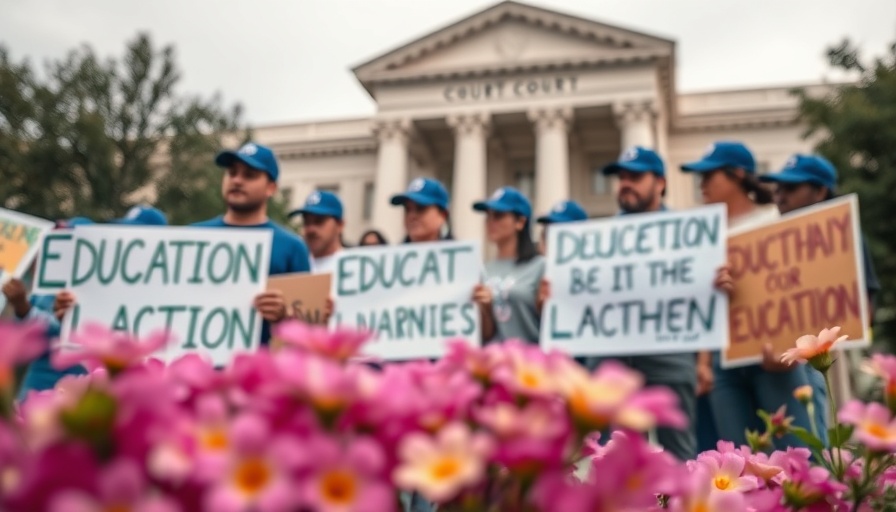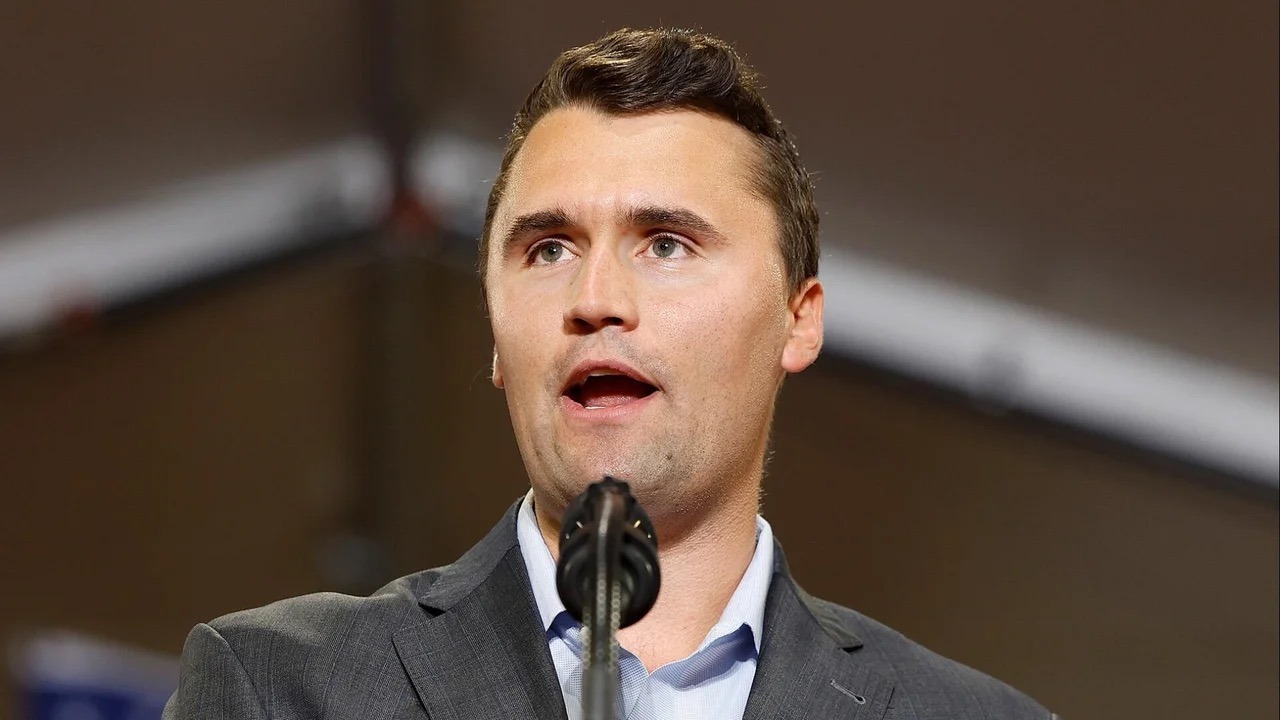
The Supreme Court's Decision: A New Chapter for Faith-Based Schools
In a landmark case that has captured the attention of many, the Supreme Court seems poised to support a faith-based charter school in Oklahoma. This potential ruling raises essential questions not only about the rights of religious organizations but also about the broader implications for families looking for schools that align with their values.
Understanding the Case and Its Implications
The case revolved around the issue of whether a Catholic charter school should receive public funding. Many faith-centered families view this as a remarkable opportunity to access quality education rooted in their beliefs. The Supreme Court’s preliminary stance appears to recognize the rights of families to choose educational options that reflect their spiritual values.
Historical Context: Faith and Education in America
Historically, the relationship between faith-based institutions and public education has been complex. At many points in U.S. history, religious organizations founded schools to ensure children received an education in line with their beliefs. This ruling could reverse decades of legal precedence that often kept faith-based teachings out of the public funding conversation.
The Value of Education Within a Faith Framework
For many families, education is about much more than just academics; it’s about forming a strong moral foundation. Schools that integrate faith into their curriculum can offer a space where children learn about biblical principles alongside traditional subjects, ensuring a holistic development. This model not only fosters academic excellence but also a deeper connection to their cultural and religious heritage.
Community Reactions and Concerns
The announcement of the court’s leaning has sparked diverse opinions within the community. Supporters argue that this decision will pave the way for more inclusive educational choices while critics caution about the potential entanglement of state funds with religious teachings. It’s an ongoing conversation with valid perspectives on both sides, but what remains clear is the community's desire for schools that serve their specific needs.
Future Predictions: The Trend Towards More Faith-Based Options?
If the Supreme Court officially supports the faith-based charter school, we might see a shift towards expanding educational options that embrace various religious backgrounds. This could lead to a more pluralistic educational landscape where families can find schools aligning closely with their beliefs. It also sets a precedent that other states may look to follow or challenge.
How Families Can Engage in This Educational Shift
As discussions surrounding faith-based charter schools continue, families are encouraged to remain active in local educational conversations. Participation in school board meetings, community forums, and advocating for choices that reflect their values can empower parents. In doing so, families can influence the direction of educational policies that affect their children.
Takeaway: The Importance of Choice in Education
This Supreme Court case highlights the value of choice in education, allowing families to select learning environments that resonate with their beliefs. As the ruling unfolds, it’s crucial to keep advocating for options that honor family values, faith, and community connection.
The dialogue surrounding education is just beginning, and it will shape future generations. Engage with your community and stay informed, as every voice matters in creating an educational landscape that reflects our diverse values.
 Add Row
Add Row  Add
Add 








Write A Comment